In 2000, at the World Education Forum in Dakar, Senegal, 164 governments agreed on the Dakar Framework for Action, Education for All: Meeting our Collective Commitments, launching an ambitious agenda to reach six wide-ranging education goals by 2015. UNESCO initiated the EFA Global Monitoring Reports in response, to monitor progress, highlight remaining gaps and provide recommendations for the global sustainable development agenda to follow in 2015. The goals were
Goal 1 – Early childhood care and education: Expanding and improving comprehensive early childhood care and education, especially for the most vulnerable and disadvantaged children
Goal 2 – Universal primary education: Ensuring that by 2015 all children, particularly girls, children in difficult circumstances and those belonging to ethnic minorities, have access to and complete free and compulsory primary education of good quality
Goal 3 – Youth and adult skills: Ensuring that the learning needs of all young people and adults are met through equitable access to appropriate learning and life skills programmes
Goal 4 – Adult literacy: Achieving a 50 per cent improvement in levels of adult literacy by 2015, especially for women, and equitable access to basic and continuing education for all adults
Goal 5 – Gender equality: Eliminating gender disparities in primary and secondary education by 2005, and achieving gender equality in education by 2015, with a focus on ensuring girls’ full and equal access to and achievement in basic education of good quality.
Goal 6 – Quality of education: Improving all aspects of the quality of education and ensuring excellence of all so that recognized and measurable learning outcomes are achieved by all, especially in literacy, numeracy and essential life skills
The implementation of the EFA goals has only been partially achieved, as the UNESCO World Education Report 2015 shows. While around 50 million more children are in school today than in 1999, only one-third of the world community has achieved the education goals. In only half of the countries do all children receive a primary education.
Against this backdrop, the international community has set itself the Incheon Declaration for Education 2030, a more ambitious follow-up to the Education for All World Action Program, for which UNESCO is also the lead agency. The education agenda is an integral part of the Global Sustainable Development Goals (SDGs).

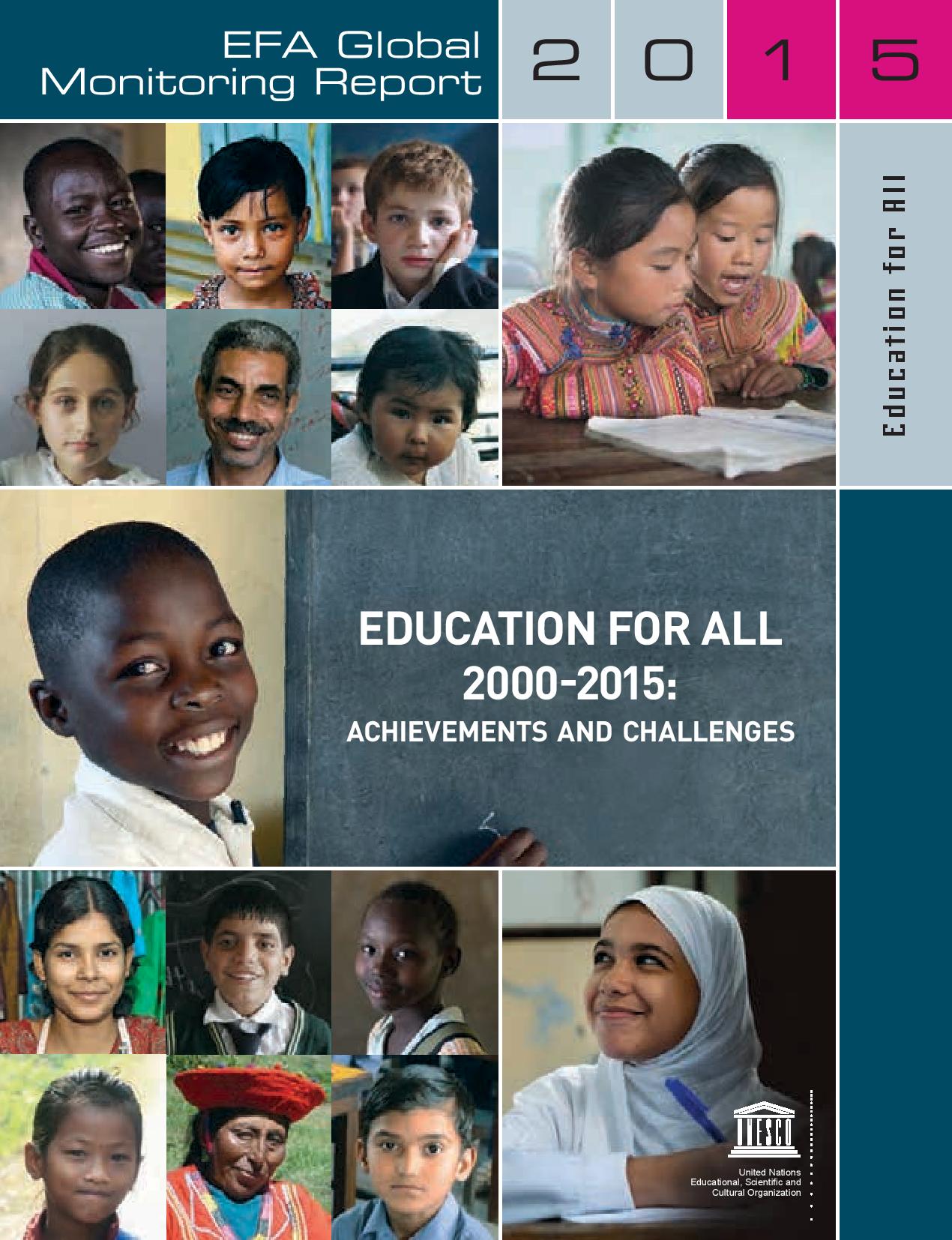
![[Translate to EN:] [Translate to EN:]](/fileadmin/_processed_/9/6/csm_education_2030_logo-page-001_7a6aecad7b.jpg)
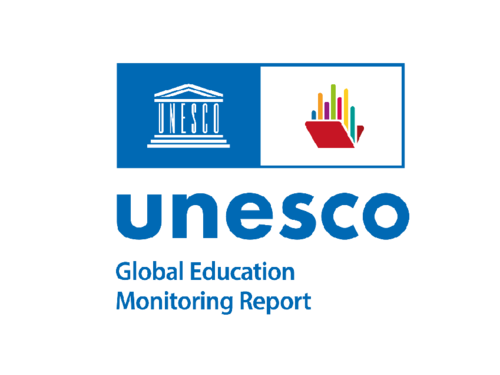
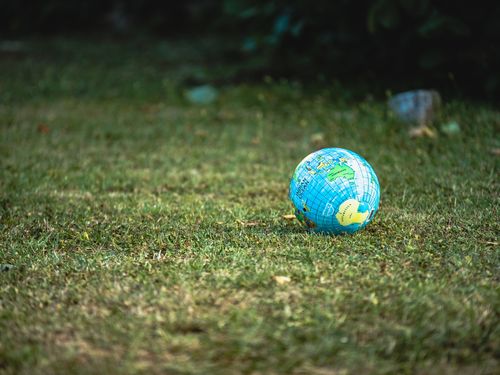
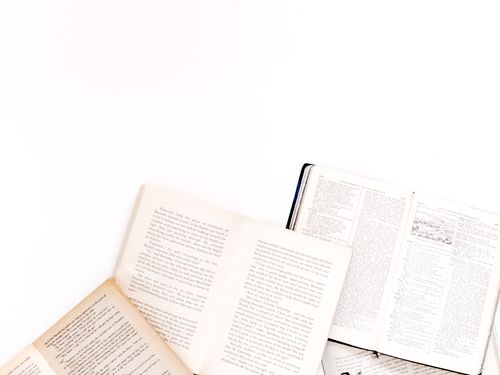
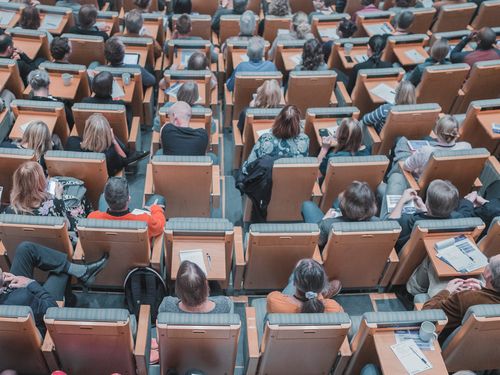
![[Translate to EN:] Publikationen zu Bildung 2030](/fileadmin/_processed_/8/a/csm_Publikationen3_af52a7496d.jpg)